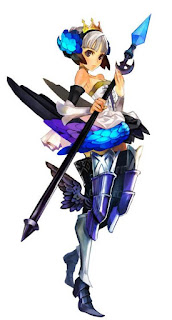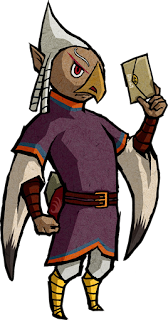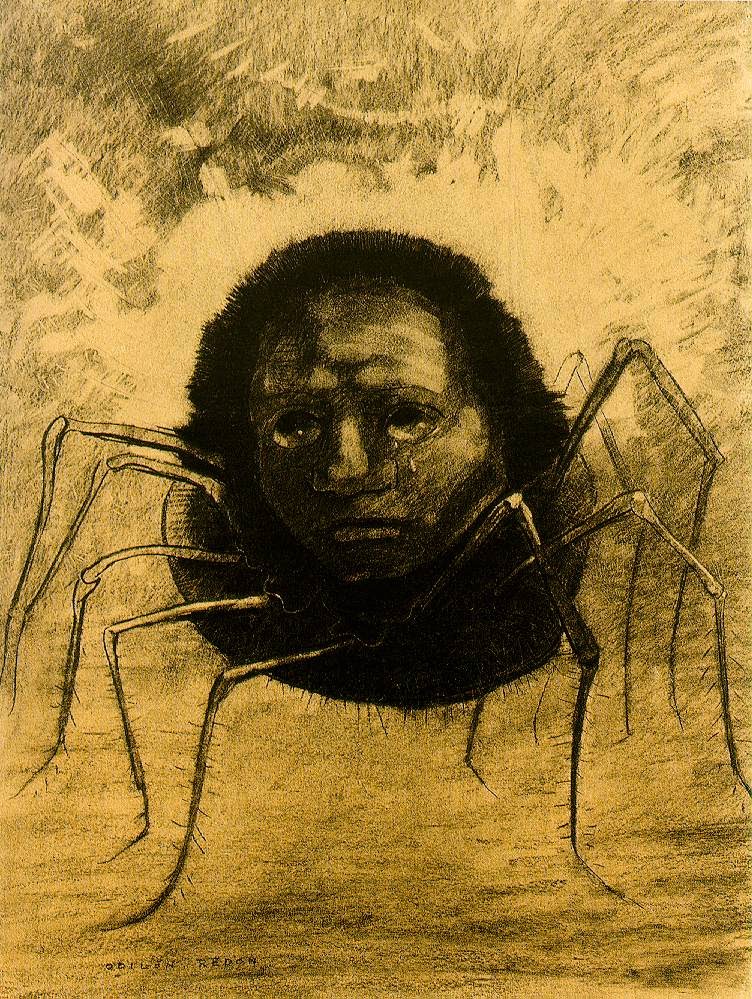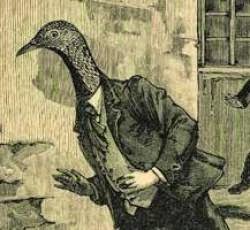Witch Scouts and Academics roll on the following table 9 times.
1-1-1: Aegis (Shield) Spell Manual
1-1-2: Levitation (Pulley) Manual
1-1-3: Bondage (Rope or Chain) Manual
1-1-4: Attraction (Grappling Hook) Manual
1-1-5: Impingement (Bow and Arrow) Manual
1-1-6: Incandescence (Torch) Manual
1-2-1: Inscription (Marker) Manual
1-2-2: Quickening (Roller Skates) Manual
1-2-3: Repulsion (Pole) Manual
1-2-4: Resonance (Magnet) Manual
1-2-5: Incision (Blade) Manual
1-2-6: Ascendance (Lever and Fulcrum) Manual
1-3-2: Gravitation (Weight) Manual
1-3-3: Aviation (Parachute) Manual
1-3-4: Obscuration (Blindfold) Manual
1-3-5: Ministration (Bandage) Manual
1-3-6: Reflection (Mirror) Manual
1-4-1: Equalization (Hammer) Manual
1-4-1: Entanglement (Net) Manual
1-4-2: Aeration (Fan) Manual
1-4-3: Conveyance (Cart) Manual
1-4-4: Observance (Spyglass) Manual
1-4-5: Amplification (Megaphone) Manual
1-4-6: Strangulation (Noose) Manual
1-5-1: Intonation (Bell) Manual
1-5-2: Lubrication (Grease) Manual
1-5-3: Containment (Bowl) Manual
1-5-4: Obfuscation (Curtain) Manual
1-5-5: Hydrurgy (Pump) Manual
1-5-6: Immurement (Wall) Manual
1-6-1: Hydration (Water) Manual
1-6-2: Dissimulation (Mask) Manual
1-6-3: Adherence (Glue) Manual
1-6-4: Rotation Manual
1-6-5: Blockage (Lock) Manual
1-6-6: Stricture (Needle and Thread) Manual
2-1-1: Weapon: Pitchfork (d6)
2-1-2: Weapon: Shepherd’s crook (d4, reach)
2-1-3: Weapon: Scythe (d8)
2-1-4: Weapon: Sickle (d6)
2-1-5: Weapon: Hatchet (d6)
2-1-6: Weapon: Mallet (d4)
2-2-1: Weapon: Chef’s knife (d6)
2-2-2: Weapon: Cleaver (d8)
2-2-3: Weapon: Straight razor (d6)
2-2-4: Weapon: Table leg with bent nail (d6)
2-2-5: Weapon: Broom (sharpened handle) (d6)
2-2-6: Weapon: Cane (d4)
2-3-1: Weapon: Fencing foil (d8)
2-3-2: Weapon: Oar (d6)
2-3-3: Weapon: Bat (d6)
2-3-4: Ranged Weapon: Lawn darts, 12 (d4)
2-3-5: Ranged Weapon: Bow and arrow, 12 (d6)
2-3-6: Weapon: Anchor (d10)
2-4-1: Weapon: Decorative sword (d8)
2-4-2: Weapon: Serving fork (d4)
2-4-3: Weapon: Brazier (d6)
2-4-4: Weapon: Curtain rod (d6, reach)
2-4-5: Weapon: Poker (d6)
2-4-6: Weapon: Roasting spit (d6)
2-5-1: Ranged Weapon: Tomahawk (d8)
2-5-2: Ranged Weapon: Boomerang (d4)
2-5-3: Ranged Weapon: Blowgun, 12 darts (d4)
2-5-4: Ranged Weapon: Blunderbuss, (damage depends on ammo used)
2-5-5: Weapon: katana, d10
2-5-6: Weapon: Military saber, d10
2-6-1: Half-used pack of cigarettes
2-6-2: Pack of Goetia trading cards (10 cards, each worth d20 bottle caps)
2-6-3: Bottle caps (100)
2-6-4: Box of snack cakes
2-6-5: Saucy chapbook
2-6-6: Hall pass
3-1-1: Armor: Pot with eyeholes (+1 AC)
3-1-2: Armor: Mascot head (+1 AC)
3-1-3: Armor: Rugby helmet (+1 AC)
3-1-4: Armor: Hockey mask (+1 AC)
3-1-5: Armor: Antique helm (+1 AC)
3-1-6: Armor: Large skull (+1 AC)
3-2-1: Armor: Hammered tin breastplate (+2 AC)
3-2-2: Armor: Shin guards (+1 AC)
3-2-3: Armor: Heavy poncho (+1 AC)
3-2-4: Armor: Shoulder pads (+1 AC)
3-2-5: Armor: Fencing jacket (+2 AC)
3-2-6: Armor: Parka (+1 AC)
3-3-1: Armor: Antique gauntlets (+2 AC)
3-3-2: Armor: Plywood Shield (+1 AC)
3-3-3: Armor: Platter Shield (+1 AC)
3-3-4: Armor: Work gloves (+1 AC)
3-3-5: Armor: Boxing gloves (+1 AC)
3-3-6: Armor: Garbage lid shield (+1 AC)
3-4-1: High heels (+1 Cha saves)
3-4-2: Red silk robe(+1 Wis saves)
3-4-3: glasses (+1 Int saves)
3-4-4: Tuxedo (+1 Cha saves)
3-4-5: Evening gown (+1 Dex saves)
3-4-6: Furs (+1 Int saves)
3-5-1: DIY tattoo kit (+1 Int saves)
3-5-2: DIY piercing kit (+1 Cha saves)
3-5-3: Makeup kit (+1 Wisdom saves)
3-5-4: Pomade (+1 Str saves)
3-5-5: Hair dye (+1 Cha saves)
3-5-6: Cat ear headband (+1 Dex saves)
3-6-1: Weapon: Switchblade (d4) (+1 Dex saves)
3-6-2: Weapon: Brass knuckles (d4) (+1 Con saves)
3-6-3: Bag of rocks
3-6-4: Shiv
3-6-5: Bicycle chain
3-6-6: Slingshot
4-1-1: Cat
4-1-2: Dog
4-1-3: Crow
4-1-4: Serpent
4-1-5: Bat
4-1-6: Weasel
4-2-1: Spyglass
4-2-2: Magnifying glass
4-2-3: Rope, 50’
4-2-4: Bear trap
4-2-5: Compact mirror
4-2-6: Rucksack
4-3-1: Straw hat (+1 Wis saves)
4-3-2: Heavy cloak (+1 Con saves)
4-3-3: Umbrella
4-3-4: Tent
4-3-5: Sleeping bag
4-3-6: Box of matches
4-4-1: Wound kit
4-4-2: Curse kit
4-4-3: Vermifuge kit
4-4-4: Fever kit
4-4-5: Cough kit
4-4-6: Venom Kit
4-5-1: Phylactery (full)
4-5-2: Phylactery (empty)
4-5-3: Bottled rest
4-5-4: Bottled dream
4-5-5: Silver hoop
4-5-6: Red paint
4-6-1: Homunculus
4-6-2: Dog skeleton
4-6-3: Chalk
4-6-4: Vial of blood
4-6-5: Vial of blessed water
4-6-6: Sticks of incense (6)
5-1-1: Pouch of golden lotus powder
5-1-2: Bottle of laudanum
5-1-3: Bottle of wine
5-1-4: Bottle of fine liquor
5-1-5: Bottle of loathsome liquor
5-1-6: Bottle of cough syrup
5-2-1: Keg of gunpowder
5-2-2: Magnesium flares (3)
5-2-3: Firecrackers (6)
5-2-4: box of matches
5-2-5: flask of kerosene
5-2-6: Candles (12)
5-3-1: String of garlic
5-3-2: Blue glass eye
5-3-3: jar of salt
5-3-4: wooden stakes (24)
5-3-5: Weapon: silver-plated knife
5-3-6: Silver bell
5-4-1: Goggles
5-4-2: Armor: Leather apron
5-4-3: box of glass eyes
5-4-4: Box of pins
5-4-5: Jar of formaldehyde
5-4-6: Mannequin
5-5-1: Atlas of the Scholomance
5-5-2: Location of 1 secret passage
5-5-3: Demonological treatise
5-5-4: Botanical treatise
5-5-5: Bestiary
5-5-6: Necrology
5-6-1: Flute
5-6-2: Violin
5-6-3: Harp
5-6-4: Pound of clay
5-6-5: watercolors
5-6-6: hammer and chisel
6-1-1: compass
6-1-2: pound of lard
6-1-3: sack of marbles
6-1-4: Copper wire, 20’
6-1-5: dark glasses
6-1-6: camera
6-2-1: tin of fish
6-2-2: name of lesser demon
6-2-3: bicycle
6-2-4: roller skates
6-2-5: pot of glue
6-2-6: bolt cutters
6-3-1: manacles
6-3-2: flask of acid
6-3-3: padlock and key
6-3-4: notebook and pen
6-3-5: goldfish in bow
6-3-6: needle and thread
6-4-1: bushel of apples
6-4-2: human skull
6-4-3: diamond ring
6-4-4: pearl necklace
6-4-5: Sublimated Darkness
6-4-6: Hardened Flame
6-5-1: Clarified water
6-5-2: Rare Earth
6-5-3: Reified Aether
6-5-4: Immortal Blood
6-5-5: Chloroplasm
6-5-6: sack of sandwiches
6-6-1: Malodorous cheese
6-6-2: choice cut of meat
6-6-3: Dead chicken
6-6-4: itching powder
6-6-5: stink bomb
6-6-6: whoopee cushion
A lot of the monsters are unique and invincible (at first, at least), but not unbeatable–they can be chased off, imprisoned, or wounded for a time. At the Scholomance, rumors are a sort of currency. Adventuring students can learn to detect the approach of monsters by picking up nursery rhymes, gossip, and speculation at the encampment in the Great Hall.































